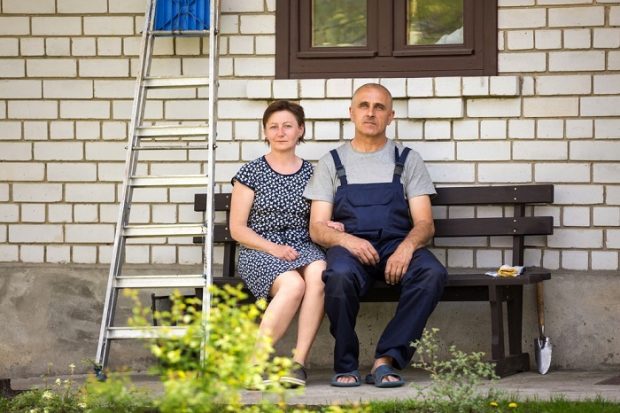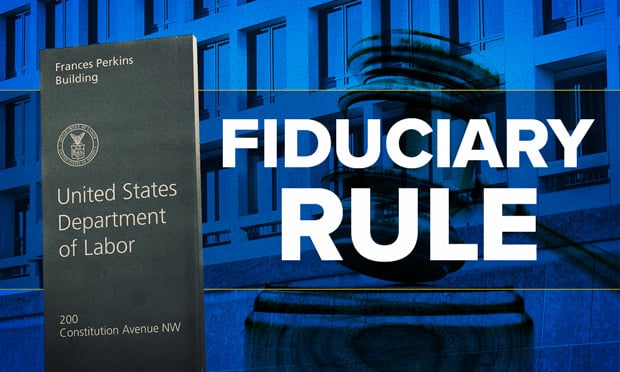 A new report points out that not onlyare people not saving enough for retirement, and living longer thanexpected, they're also cash poor and “house rich”—they own homesinto which they've sunk a lot of money but have no way to accessliquidity from them. (Photo: Shutterstock)
A new report points out that not onlyare people not saving enough for retirement, and living longer thanexpected, they're also cash poor and “house rich”—they own homesinto which they've sunk a lot of money but have no way to accessliquidity from them. (Photo: Shutterstock)
Amid the retirement crisis comes an idea that's both newand very old—life estates.
|A Propmodo report points out that not only are people notsaving enough for retirement, and living longer than expected,they're also cash poor and “house rich”—they own homes into whichthey've sunk a lot of money but have no way to access liquidityfrom them without either selling or resorting to reverse mortgages.
|In fact, some estimate the amount of equity tied up in homeownership by seniors to amount to more than $6 trillion—that'strillion, with a t.
|The latter were designed to help with that very problem, butthey don't provide as much flexibility as seniors might want orneed as they age—particularly if they need to relocate or go into anursing home.
|In addition, reverse mortgages acquired something of a predatoryreputation, particularly since class action suits have alleged fraudulentbehavior on the part of some reverse mortgage companies.
|Enter the life estate, via retirement solution company Irene. Lifeestates, the report explains, are the ownership rights to a housefor the duration of a senior's life. Under this system, investorscan buy a house from the senior but grant them a life estate,allowing them to live in the house until their death.
|“In Europe we have been doing this for hundreds of years,”Fabrizio Tiso, cofounder of Irene, is quoted saying. According tothe report, he launched the company after becoming aware of how fewoptions were available to seniors while working at BostonConsulting Group.
|Tiso adds, “I kept thinking that the way it is in Europe, wherepeople invest in each property individually is flawed. It would bemuch less risky to package them up into a larger fund.”
|So that's what Irene does. Investors' money is pooled andseniors' homes are purchased, granting them a lump sum as well as alifetime monthly payment in exchange. The fund then takes care ofthe taxes, insurance and upkeep of the homes, the report adds, sothat seniors can have a guaranteed, steady income. “We want to makethese peoples' lives easier so we don't want them to have to worryabout house expenses,” Tiso says in the report.
|That allows seniors to take advantage of the equity they'vebuilt up in their homes and stay put, without worrying that they'llrun out of cash to keep their homes habitable.
Complete your profile to continue reading and get FREE access to BenefitsPRO, part of your ALM digital membership.
Your access to unlimited BenefitsPRO content isn’t changing.
Once you are an ALM digital member, you’ll receive:
- Critical BenefitsPRO information including cutting edge post-reform success strategies, access to educational webcasts and videos, resources from industry leaders, and informative Newsletters.
- Exclusive discounts on ALM, BenefitsPRO magazine and BenefitsPRO.com events
- Access to other award-winning ALM websites including ThinkAdvisor.com and Law.com
Already have an account? Sign In
© 2024 ALM Global, LLC, All Rights Reserved. Request academic re-use from www.copyright.com. All other uses, submit a request to [email protected]. For more information visit Asset & Logo Licensing.








